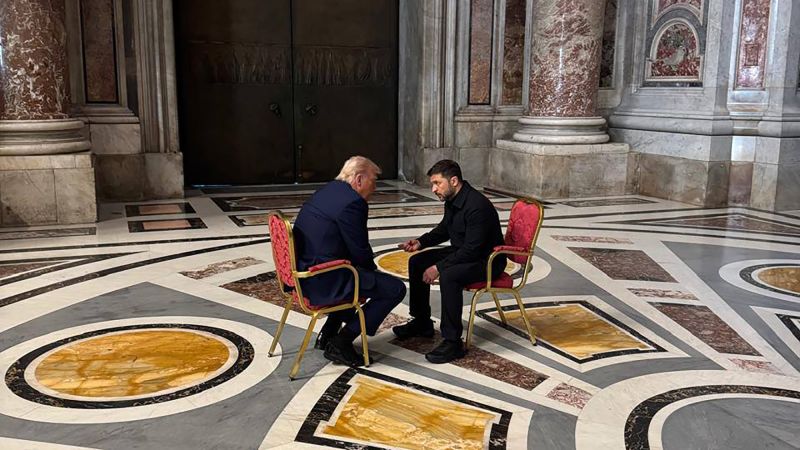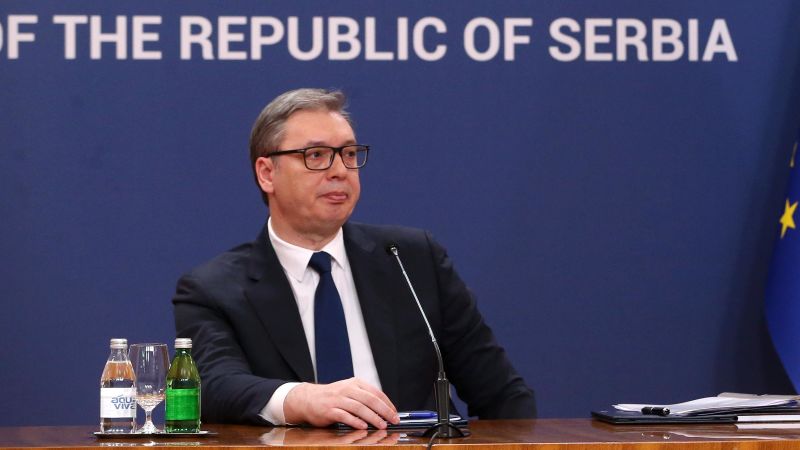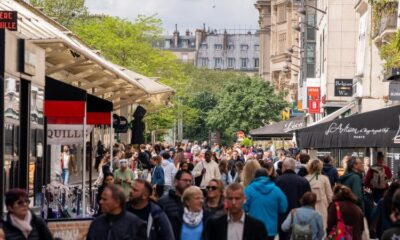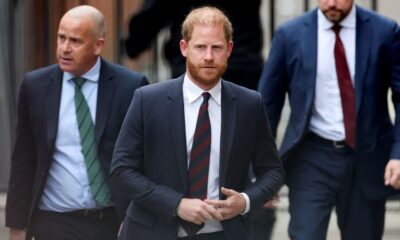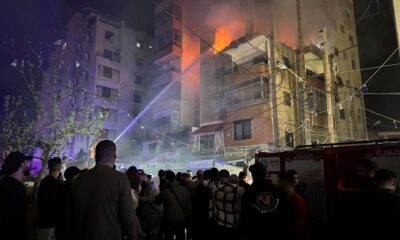CNN
—
Ukrainian President Volodymyr Zelensky has said that his conversation with US President Donald Trump at the Vatican last month was their “best” yet, with the two leaders discussing US sanctions and Kyiv’s air defenses.
The brief meeting on the sidelines of Pope Francis’s funeral in April came at a crucial time for Ukraine, amid concerns that the US could scale back support for Kyiv and abandon peace talks.
Both sides described the talks as positive, which marked their first face-to-face encounter since their disastrous Oval Office meeting in February. Soon after, Trump questioned whether Russia’s President Vladimir Putin wanted peace, the latest sign that the US leader is losing patience with his Russian counterpart.
“I believe that we had the best conversation with President Trump of all those that have taken place before,” Zelensky told journalists on Friday, in remarks released Saturday by Ukraine’s presidential office.
“It may have been the shortest, but it was the most substantive.”
Zelensky said the pair discussed US sanctions, without elaborating, and described Trump’s comments on the matter as “very strong.” He added that he reiterated his desire to bolster Ukraine’s air defenses and told Trump he hoped to have the opportunity to purchase American weapons.
“I told him about the quantity, and he told me that they would work on it, that these things are not free,” Zelensky said.
He added that he and Trump agreed that a 30-day ceasefire “is the right first step” and that “we will move in this direction.”
On Wednesday, Washington and Kyiv signed a crucial minerals deal – an agreement both sides had been trying to hammer out since Trump returned to the White House in January.
In his Friday comments, Zelensky pointed to the Vatican meeting as the turning point in securing a deal, adding that he had managed to dispel Russian claims that Ukraine was unwilling to reach an agreement with the US. “I am confident that after our meeting in the Vatican, President Trump began to look at things a little differently,” he said.
Under the deal, the US and Ukraine will create a joint investment fund, according to Ukraine’s Economy Minister Yulia Svyrydenko. The US may contribute new military aid to this fund, Svyrydenko said.
Zelensky also criticized a three-day ceasefire called by Putin late last month that the Russian leader said would last from midnight May 8 to midnight May 11, saying he was only ready to sign up for a longer truce. In his nightly address on Saturday, Zelensky said, “we are ready as soon as possible, even from today, to move toward a ceasefire if Russia is ready for mirror steps – for complete silence, for prolonged silence of at least 30 days. This is a fair period in which the next steps can be prepared. Russia must stop the war and cease the assaults, cease the shelling.”
Kremlin spokesperson Dmitry Peskov said that Russia’s proposed three-day ceasefire was a test of Ukraine’s “readiness” to seek peace, calling for “unambiguous and definitive statements” from Kyiv.
The dates of the proposed ceasefire coincide with Russia’s World War II Victory Day commemorations on May 9 and the 80th anniversary of the defeat of Nazi Germany.
Some international leaders, including China’s Xi Jinping and Belarus’s Aleksandr Lukashenko, are expected to gather in Moscow on that date, to mark Russia’s Victory Day commemorating the more than 25 million Soviet soldiers and civilians who died during World War II.
Kyiv won’t be “playing games to create a pleasant atmosphere to allow for Putin’s exit from isolation on 9 May,” Zelensky said.
In a message to dignitaries traveling to Russia for May 9, the Ukrainian leader warned that Kyiv “cannot be responsible for what happens on the territory of the Russian Federation,” due to the ongoing conflict.
In response, Russia’s foreign ministry said his comments amounted to a threat.



